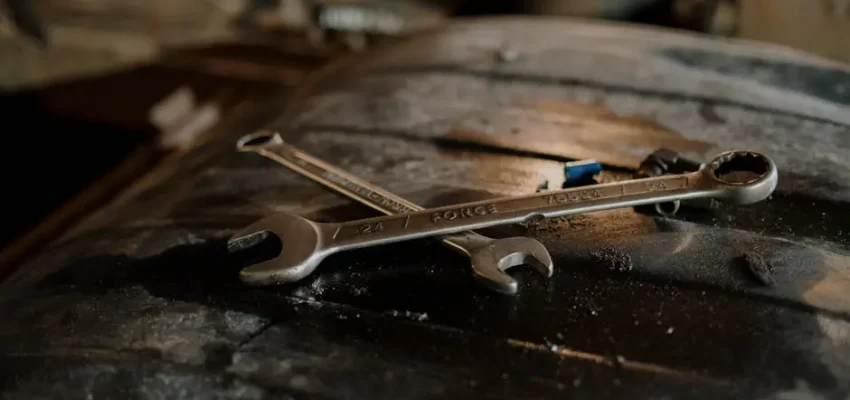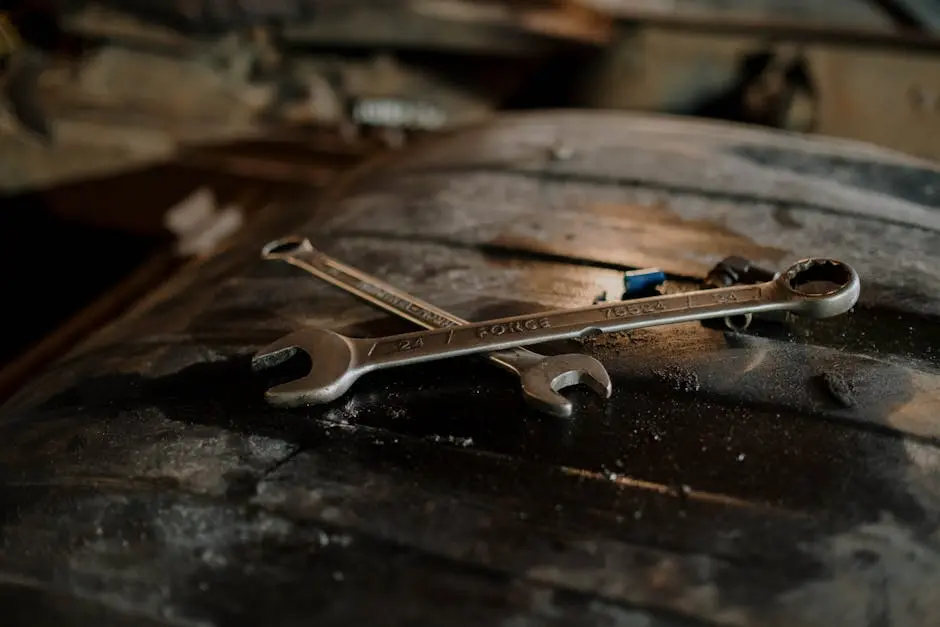
7 Essential Tools Every Vehicle Technician Carries
Every vehicle technician knows that having the right tools is crucial for getting the job done efficiently and effectively. Whether you are a seasoned professional or just starting out, these essential tools can make a significant difference in your workday. In this article, we will explore the fundamental tools that every vehicle technician should have in their toolkit. Let’s dive in!
1. The Versatile Socket Set
A versatile socket set is arguably the backbone of any vehicle technician’s toolkit. It equips you with various sizes and types of sockets, accommodating multiple fasteners found throughout a vehicle. Whether you’re working on engine components or tightening bolts beneath the chassis, having the right socket is essential to ensure a proper fit and prevent damage. Not only does a versatile socket set streamline your workflow, but it can also save you from frustrating delays caused by mismatched tools.
Moreover, look for socket sets that come with a sturdy carrying case. This added feature helps keep everything organized and accessible, ensuring you don’t waste valuable time searching for the right piece when a job demands urgency. Additionally, consider investing in shallow and deep socket options; each serves unique purposes depending on accessibility and space within a vehicle structure. With so many different types of bolts and nuts in automotive applications, a high-quality socket set can help you tackle any job with remarkable efficiency.
2. A Reliable Torque Wrench
A reliable torque wrench is essential for the accurate tightening of nuts and bolts, making it a key tool for any vehicle technician. Unlike regular wrenches, which can overtighten and lead to damaged components, the torque wrench provides necessary precision. It’s particularly important when handling critical engine parts or suspension systems, where adhering to manufacturer specifications is crucial for safety.
Furthermore, many modern vehicles employ specific torque settings to prevent failures or malfunctions, underscoring the importance of this tool in your arsenal. When using a torque wrench, always remember to recalibrate it regularly to maintain its accuracy. Investing in a good quality click-type or beam-type torque wrench will pay off in the long run, contributing to superior vehicle safety and performance, ensuring you meet and exceed safety standards.
3. Multifunctional Screwdriver Set
A multifunctional screwdriver set is another indispensable item for a vehicle technician. These screwdrivers come in various sizes and types, including flathead, Phillips, and Torx, allowing for versatility in working with different fasteners. Whether you’re removing a dashboard panel or adjusting a carburetor, having the appropriate screwdriver at your fingertips can immensely speed up the process.
Moreover, some multifunctional sets even include specialty tools for specific applications, enhancing their practicality. A magnetic tip on the screwdriver is an invaluable feature as it prevents dropped screws from disappearing into tight spaces, saving you time and frustration. When selecting a screwdriver set, look for ergonomic handles that provide comfort during long jobs. The right screwdriver can make a world of difference in preserving the integrity of the parts you are working on.
4. Essential Pliers for Every Task
Essential pliers are a vital addition to the toolkit of any vehicle technician. These tools are more than just a pair of gripping utensils; they are capable of bending, cutting, and holding various materials, which makes them incredibly versatile. Slip-joint pliers, needle-nose pliers, and locking pliers each have specific applications that can arise during repairs. For instance, needle-nose pliers are perfect for reaching into tight spaces to grip wires or small components.
Additionally, investing in high-quality pliers with comfortable grips will make your work much easier, particularly during lengthy tasks. Don’t forget to keep an eye out for pliers with built-in wire cutters—this small feature can drastically reduce the number of tools you need to carry, simplifying your workflow. When it comes to vehicle maintenance, having the right pliers can save time and prevent damage, ensuring you can tackle any task at hand.
5. Heavy-Duty Jack and Stands
Heavy-duty jacks and stands are crucial for making sure you work safely and efficiently under vehicles. A reliable lift is essential when performing maintenance tasks such as oil changes, brake replacements, or exhaust repairs. Elevating a car not only gives you better access to parts but also improves safety by providing proper support to prevent accidental drops. Therefore, having a good quality hydraulic floor jack or bottle jack allows for an easy and effective lifting experience.
Once the vehicle is lifted, using sturdy jack stands is equally important for maintaining safety during repairs. Always ensure that the stands are rated for the weight of the vehicle you’re working on. Opting for adjustable jack stands can provide a range of lifting heights, perfect for different vehicle sizes and designs. Overall, investing in a heavy-duty jack and stands helps provide you with a safer, more efficient working environment that’s conducive to effective vehicle maintenance.
6. Inspection and Diagnostic Tools
Inspection and diagnostic tools are fundamental for a vehicle technician, enabling them to pinpoint issues accurately. Whether using a basic code reader or advanced diagnostic scanner, having the ability to read fault codes and assess various vehicle systems can save significant time in troubleshooting. This technology not only helps in identifying problems but also provides insights into the underlying causes, allowing for more effective repairs.
Additionally, investing in manual diagnostic tools such as multimeters and pressure gauges is essential for assessing electrical issues and fluid systems. Having a comprehensive set of diagnostic tools will greatly enhance your capabilities, allowing you to tackle problems ranging from electronic failures to mechanical troubles. Ultimately, being equipped with the right inspection and diagnostic tools makes you a more effective technician, capable of addressing a wider array of vehicle concerns.
7. Personal Safety Gear
Personal safety gear is non-negotiable for every vehicle technician. Working in an automotive environment often poses risks such as exposure to chemicals, loud noises, and heavy machinery. Having protective gear, such as gloves, safety glasses, and steel-toed boots, becomes imperative to safeguarding your health while on the job. These items are designed to absorb shock, provide grip, and shield you from hazardous materials, ensuring your well-being.
Moreover, wearing high-visibility vests and appropriate masks further enhances your safety, especially in busy workshop settings. Taking a moment to equip yourself with adequate safety gear is a proactive step toward preventing accidents and injuries. Your safety should always come first, and having the right gear not only protects you but also sets a professional standard in the workplace, fostering a culture of safety among colleagues.

